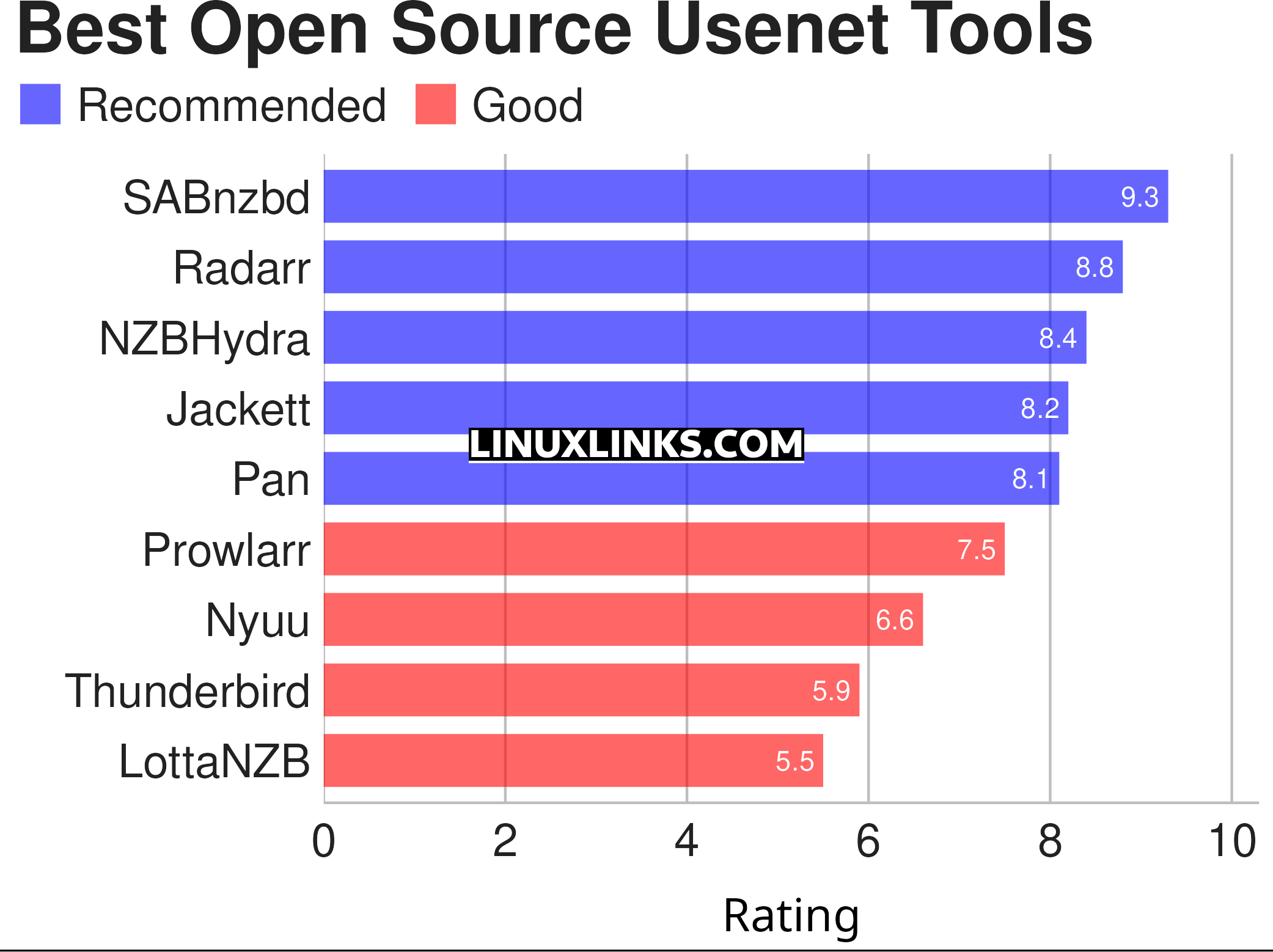Usenet is a worldwide distributed Internet discussion system. It was founded in 1980 to enable users to read and post public messages to various newsgroups. As such, it predates forums, blogs, instant messaging and P2P networks.
The importance of Usenet as an environment for discussion has diminished over recent years given the increasing popularity of internet forums and blogs. However, the newsgroup community remains very active and vocal. It continues to be a great resource of information, and to obtain support from like-minded individuals. Moreover, Usenet is a popular means of downloading files including Linux distributions.
Unlike web forums, Usenet does not have a central server or a dedicated administrator. Instead, Usenet is distributed among a conglomeration of servers that store and pass messages to each other. There are several different types of newsreaders. Some newsreaders are intended primarily for discussions, others are better suited for downloading files. Newsreaders that help users to adhere to the netiquette are evaluated by the Good Netkeeping Seal of Approval (GNKSA). There are also tools which are dedicated for downloading files only.
The ratings chart below summarizes our verdict. Only free and open source software is eligible for inclusion.

Click the links in the table below to learn more about each tool.
| Usenet Tools | |
|---|---|
| SABnzbd | Web-based binary newsgrabber with NZB support |
| Radarr | Movie collection manager for Usenet and BitTorrent |
| NZBHydra | Meta search for newznab indexers and torznab trackers |
| Jackett | Implements the Torznab and TorrentPotato APIs |
| Pan | Based on GTK2 and looks like Forte Agent |
| Prowlarr | Indexer manager/proxy |
| Nyuu | Command-line binary usenet poster |
| Thunderbird | Mail/news client with RSS and integrated spam filter support |
| LottaNZB | Simple and automated downloader |
Besides Thunderbird, there are other email clients, such as Claws Mail and Sylpheed, that offer basic Usenet functionality.
This article has been revamped in line with our recent announcement.
 Read our complete collection of recommended free and open source software. Our curated compilation covers all categories of software. Read our complete collection of recommended free and open source software. Our curated compilation covers all categories of software. Spotted a useful open source Linux program not covered on our site? Please let us know by completing this form. The software collection forms part of our series of informative articles for Linux enthusiasts. There are hundreds of in-depth reviews, open source alternatives to proprietary software from large corporations like Google, Microsoft, Apple, Adobe, IBM, Cisco, Oracle, and Autodesk. There are also fun things to try, hardware, free programming books and tutorials, and much more. |